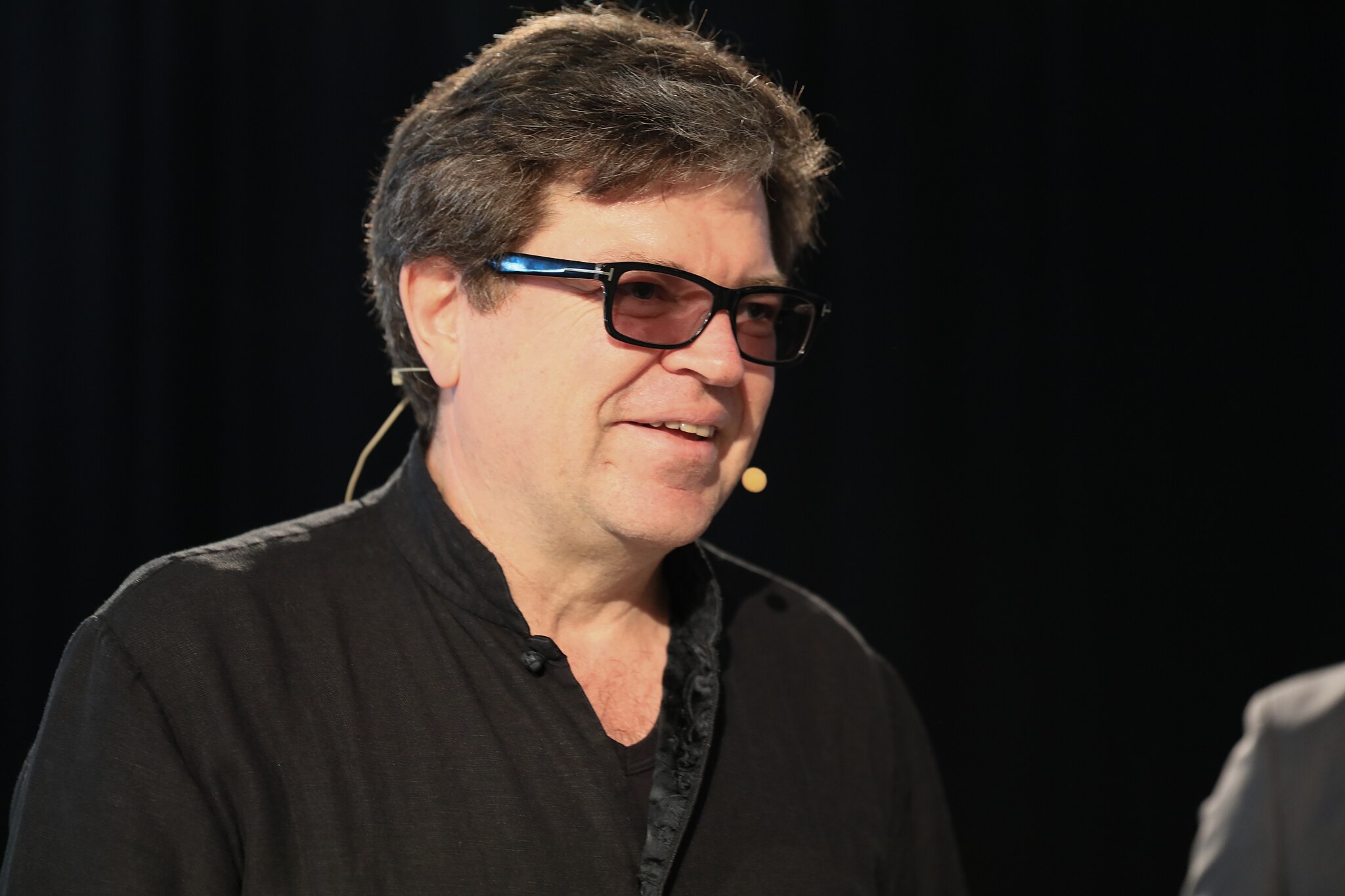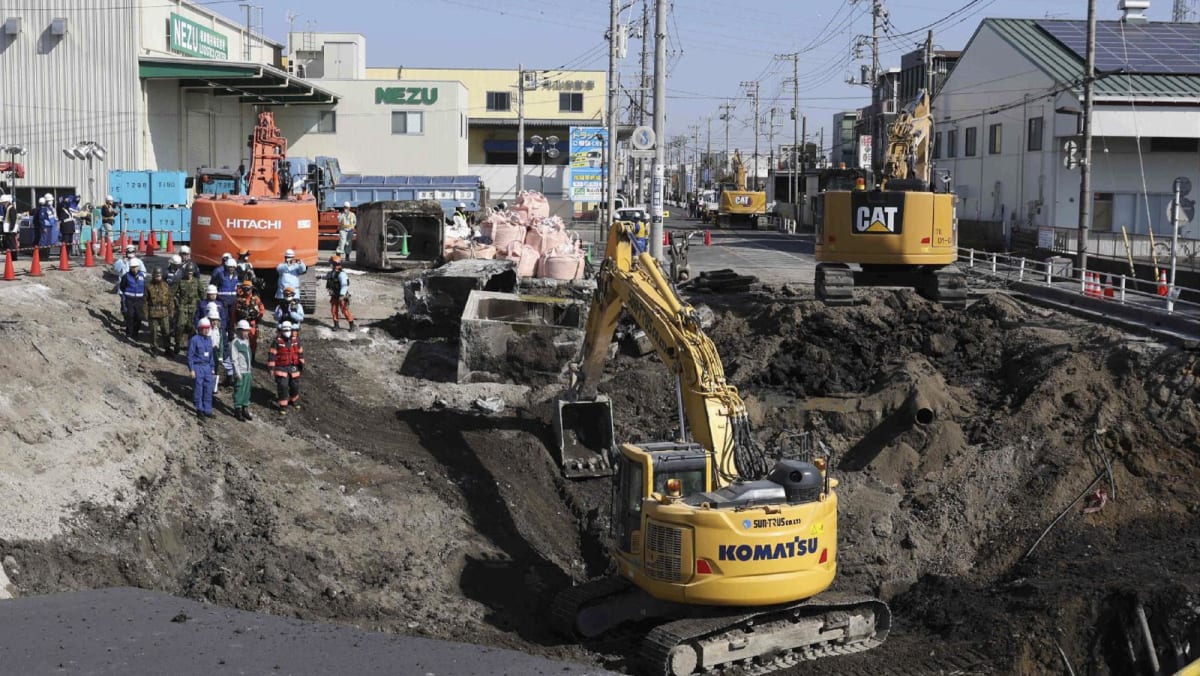Before Trump’s inauguration, Ukraine was frustrated it wasn’t being invited to participate in planning and coordination with Trump’s team, fueling the country’s anxiety. Nonetheless, according to a top Republican lobbyist who advises Ukrainian agencies, a December meeting between Kellogg, Trump’s National Security Adviser Mike Waltz and Ukrainian President Volodymyr Zelenskyy’s powerful Chief of Staff Andriy Yermak went rather smoothly.
“Trump needs to conclude on his own that Putin isn’t willing to make any concessions — not to Ukraine but to him,” the lobbyist said, asking not to be identified in order to speak freely. “This needs to be an iterative process and throughout, Ukraine needs to be the constructive party. Trump and his aides need to experience the Russians for themselves, then they will see.”
In line with that advice, Ukraine is playing along — though Kyiv remains nervous that Putin may be able to exploit Trump’s desire for a deal at their cost. That worry was underlined by Zelenskyy during a television address this weekend, when he raised the risk of a prevaricating Putin managing to string Trump along and “manipulate” him with flattery.
But while Ukraine’s strategy is built on the shaky assumption that Trump will finally lose patience with a double-dealing Putin, the assumption embraced by Trump’s team — that the Russian revanchist is primed to negotiate for economic reasons — seems dubious as well.
In his post threatening economic punishment, Trump said that he was doing Russia a “very big favour” by pushing to settle the war, because the country’s “economy is failing.” Indeed, Russia’s currency has now lost more than half of its value against the U.S. dollar and the euro. A recent study by the Kyiv School of Economics suggests the Russian government is generating less revenue from oil sales than it was before. And in his annual televised Q&A session in December, Putin himself acknowledged that rising inflation is becoming a problem.
But despite that, few seasoned observers actually think Putin’s in a negotiating mood. Analysts Andrea Kendall-Taylor and Michael Kofman believe there’s now little incentive for Putin to stop the war because he’s reached the point of no return. “The war has hardened Putin’s resolve and narrowed his options. There is no turning back: Putin has already transformed Russia’s society, economy, and foreign policy to better position the Kremlin to take on the West,” they wrote.







